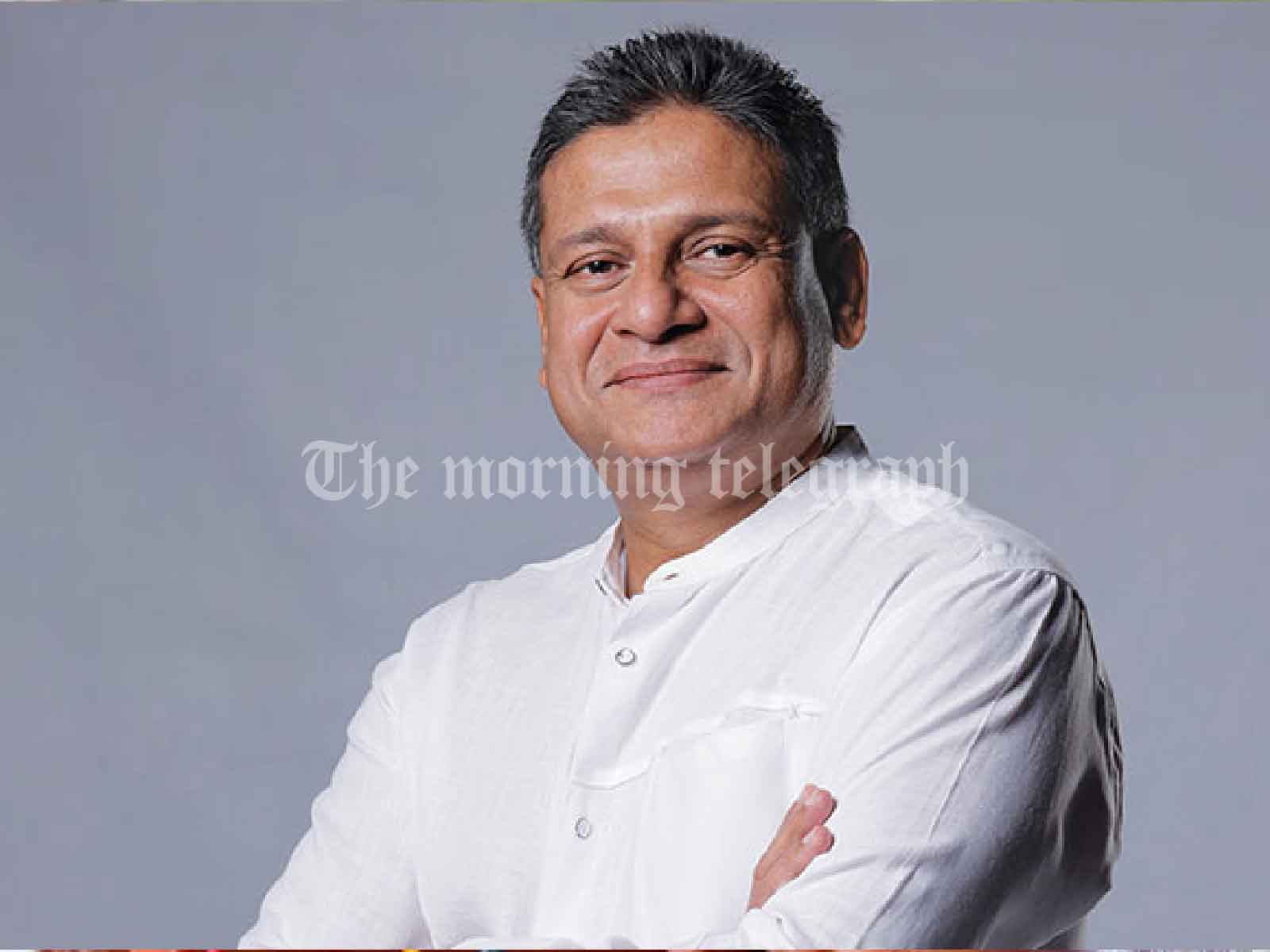
Dilith Jayaweera’s Vision for Reforming Public Service: An Entrepreneurial Approach
Anuradhapura – Dilith Jayaweera, a prominent entrepreneur and candidate for the post of presidency, has outlined a transformative vision for public service under a universal power government. Speaking at an entrepreneurial meeting in Anuradhapura, Jayaweera emphasized his commitment to enhancing public service efficiency by cultivating an entrepreneurial mindset among public servants.
Jayaweera highlighted the significant financial contribution entrepreneurs make towards maintaining public services and pointed out a crucial gap in the system. According to him, while public services such as the armed forces, medical field, and education sector provide invaluable services, there is a widespread perception of inefficiency and underperformance in public service.
He stated, “A large part of the wealth created by entrepreneurs is spent to maintain the public service. Unfortunately, this expenditure often feels disproportionate due to perceived inefficiencies. Unlike the armed forces, medical professionals, and educators, who deliver exceptional services relative to their salaries, many public services lack a similar level of efficiency and impact.”
To address this issue, Jayaweera proposes several reforms aimed at revitalizing public service. He advocates for a system where public servants are rewarded for their performance beyond their basic salaries. This includes introducing bonuses for exemplary work, a practice not currently prevalent in Sri Lanka’s public sector.
Jayaweera criticized the existing promotion and pay increment system, which relies heavily on tenure and examinations rather than performance. “Today, government employee promotions and pay increments are based solely on the length of service and examination results. Unlike the private sector, where merit and performance are recognized, public service lacks a similar mechanism for rewarding outstanding work.”
Under his proposed program, Jayaweera aims to instill an entrepreneurial approach within public service. This involves fostering a culture of innovation, accountability, and performance-oriented rewards. His vision includes transforming public servants into proactive and effective contributors to the nation’s development, akin to the mindset seen in successful entrepreneurs.
Jayaweera’s proposal represents a significant shift towards integrating entrepreneurial principles into public administration, with the goal of making public services more efficient and responsive to the needs of the people.




